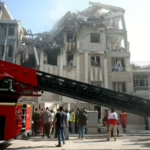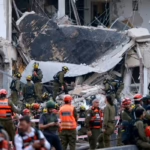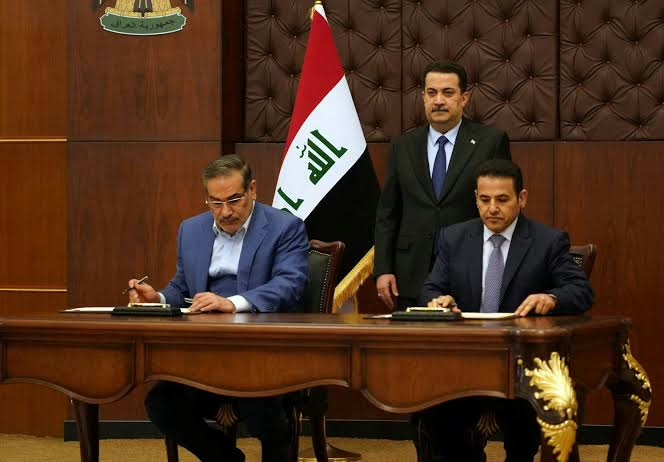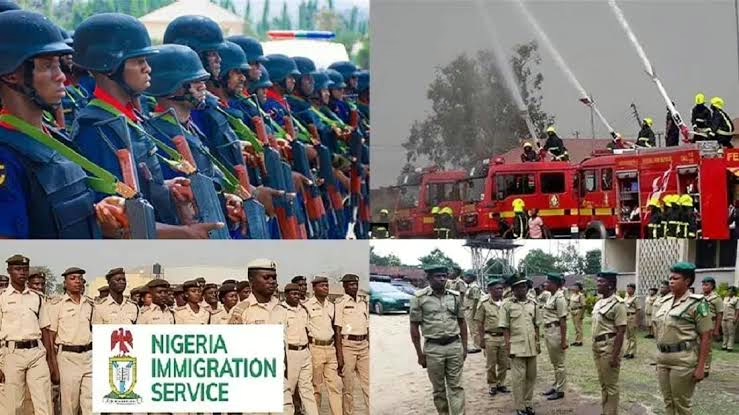By Charles Maduka
The Federal Government has assured that Nigerians living in Iran remain safe despite ongoing regional tensions, confirming that there have been no reported casualties or injuries among citizens residing in the country.
This was revealed in a joint statement by the Nigerians in Diaspora Commission (NiDCOM) and the Nigerian Embassy in Tehran. The Chairperson of NiDCOM, Abike Dabiri-Erewa, reiterated the government’s unwavering commitment to the welfare of Nigerians abroad.
“We remain committed to the safety and well-being of all Nigerians in the diaspora,” she said in a statement signed by Gabriel Odu of NiDCOM’s Public Relations and Protocols Unit.
Dabiri-Erewa commended the embassy’s swift response to the security situation and urged Nigerians abroad to register with their respective embassies to enable prompt assistance during emergencies.
In a precautionary measure, the Nigerian Embassy temporarily relocated to Armenia to maintain uninterrupted consular services. Nigerian nationals in Iran were advised to move to safer areas in the northern region, such as Shomal, Qom, and Ghaemshahr, which were identified as evacuation muster points.
A representative of the embassy confirmed that these actions have been effective, adding, “Normalcy has returned to these areas, and we are pleased to report that Nigerians in Iran remain safe.”
The government also addressed a viral video in which a Nigerian man made alarming claims about the situation in Iran. According to officials, the man had previously been imprisoned for human trafficking and was allegedly involved in using fellow Nigerians as collateral in drug-related activities.
Despite a deportation order issued over six months ago, the embassy reportedly secured his release on humanitarian grounds. The individual, however, refused to leave Iran until the recent hostilities began.
“Our responsibility is to all Nigerians, regardless of their situation. While we do not condone unlawful acts, we intervened in the spirit of national duty,” the embassy stated.
The incident underscores the importance of embassy registration, which officials say is vital for effective support and communication during crises.
The conflict between Iran and Israel erupted on June 13 following Israeli airstrikes on more than 100 locations in Iran, including military and nuclear facilities. Iran retaliated with missile attacks, resulting in over 600 civilian deaths and thousands injured, according to Iranian health authorities.
In response to the violence, several countries evacuated their citizens, with some crossing land borders before being airlifted. A ceasefire was announced later by U.S. President Donald Trump.
Despite the crisis, Nigerian officials maintain that their citizens in Iran are safe and that proactive measures remain in place to address any emergency.











Leave a Reply